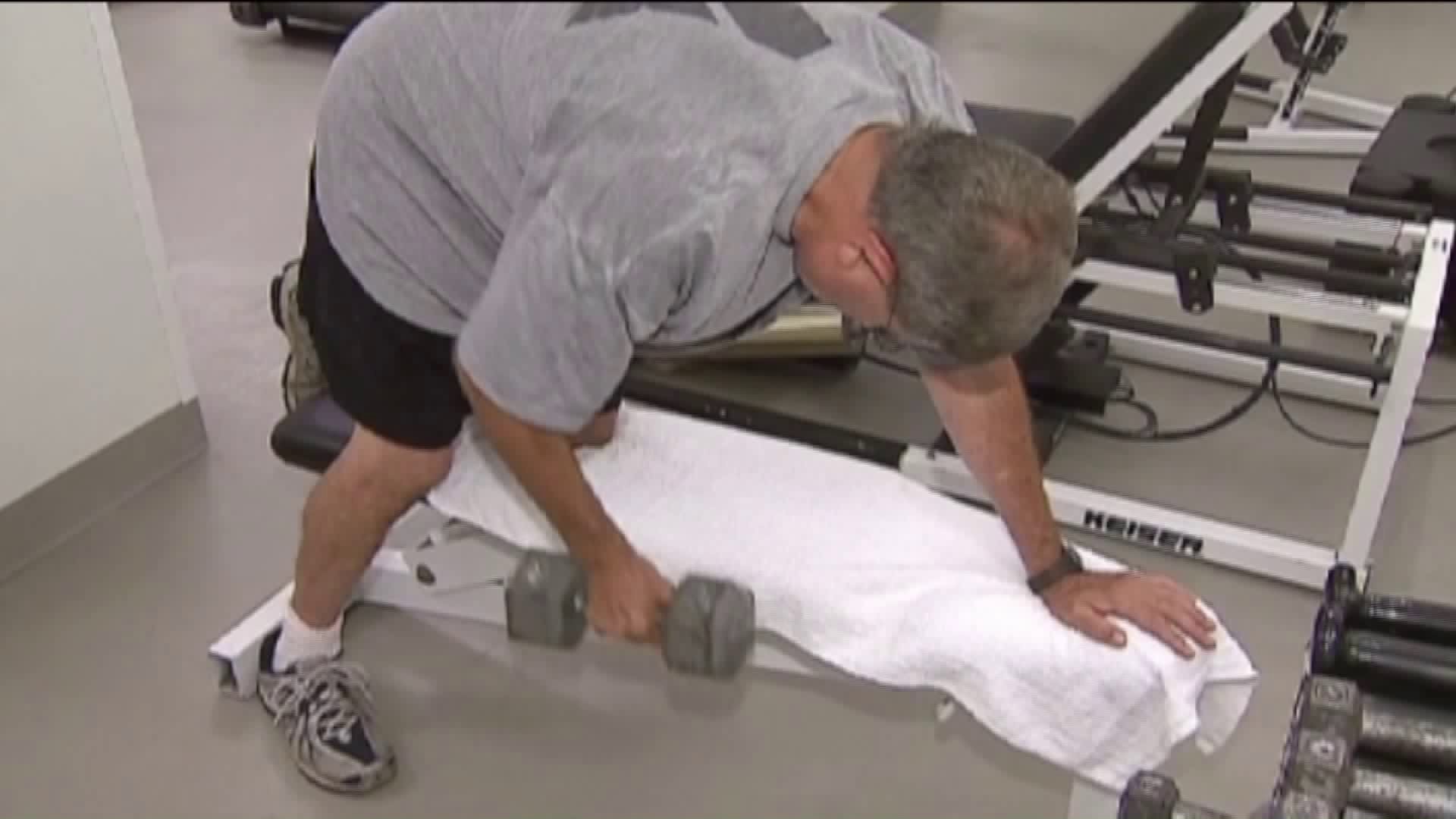HARTFORD -- The New England 61-Day Challenge is a challenge to cut out sweets, soda and cigarettes for the last two months – or 61 days – of the year. While the challenge says nothing about exercise, getting in a good workout can make it easier to manage the stress of depriving yourself of those three things, as well as provide a whole host of other benefits.
“Exercise is so important to our overall health,” said Dr. Jeff Brown from the Connecticut Sports Medicine Institute at St. Francis, “It increases our energy, it decreases our stress. It increases our strength. It improves our flexibility.”
He said even a little bit of exercise can make a difference.
“Any exercise is good exercise, but the ideal goal would be 45 minutes, basically 4-5 times per week. However, if you can’t fit that in, any exercise is good,” he said.
Doctor Seth Clohosey, an Internal Medicine Specialist for Trinity Health of New England, said resolving to exercise for these 61 days could set you up for a life-long change.
"61 days was chosen for a reason. That’s an opportunity to develop a pattern… usually about how long it takes to make a meaningful change in your life,” Clohosey said.
If you are just starting an exercise routine, be careful not to over-do it.
Brown said most people should engage in moderate exercise that’s enough to raise their heart rate to 80 percent of its maximum – the maximum is defined as a number of beats per minute equal to 220 minus your age. If you’re not into math, Brown said most adults should shoot for 120-140 beats per minute, or about 20-23 every ten seconds.
“Moderate exercise is pushing your limits a bit so you’re getting sweaty and you’re getting a little huffy and puffy with your breathing, so when you’re pushing yourself to me that’s moderate exercise,” Brown said.
He said a good warm-up would be a five or ten minute walk, and said to save the stretching until you’re done exercising.
“Ending with stretching decreases stiffness later that evening and the next day,” he said, “so stretching should actually occur after exercise and not before.”

